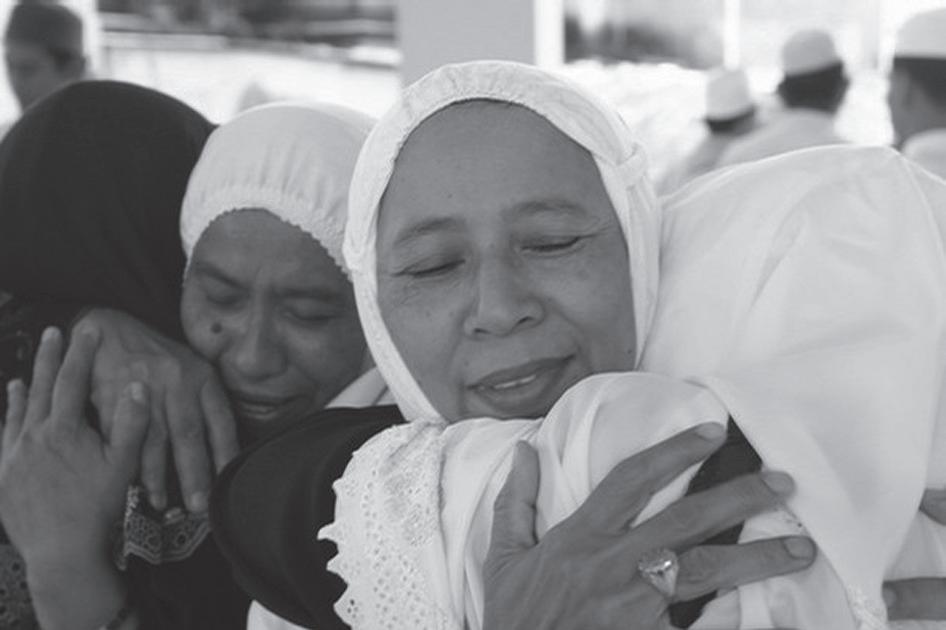
2 minute read
Enjoying Eid
from 2009-10 Sydney (1)
by Indian Link
The concept of Indian Muslims celebrating Eid with their non-Muslim compatriots is a natural and indeed, expected one, says RUCHI
LAMBA
Eid Ul Fitr – a joyous Muslim festival celebrated all over the world is generally a private affair in countries like the United States and Australia. Unlike Christmas and its rampant commercialized festivities, the fasting period of Ramadan and the festival of Eid recently went by and unless you are a Muslim, or have close Muslim friends, you probably didn’t even notice it. You may not have known that for most of September, millions of people around the world were waking up before dawn to eat an early meal which lasted them until sunset. You may not have known that they were gathering every evening at sunset to pray and break the fast together in a ceremony called an Iftar. And then on September 20, they held special congregational prayers in mosques. They wore new clothes, decorated their homes, gave and received gifts and feasted on the first daytime meal since the beginning of the Ramadan fast.
But if you were one of the nonMuslim Australians that did join in the Eid festivities, you probably did with an Indian. There is something about being an Indian Muslim that makes you friendlier and more willing to share their religious and cultural beliefs. Indian Muslims don’t feel threatened if a Hindu joins them at the evening Iftar because somehow, the ties of brotherhood and love between them are stronger when they are in Australia. Festivals like Eid in India are a public affair and celebrated openly just like Diwali or Christmas. Sweets and other delicious festival dishes are shared with neighbours, whether they are Muslim or not.
Sure, there are individual Hindus or Muslims that might not be open-minded enough to share this kind of secularity in their religious holidays, but I believe those are rare.
The essence of Eid ul Fitr contains a theme that is universal – to be thankful for all the blessings that God has given us and that we take for granted. It is a reminder that we all have the same need at a deeper level - the need to receive God’s grace. It is an idea that is not unique to Islam, and it is best explained by an articulate Muslim friend of mine, Farida Akram.
“The exertion and struggling in the month of Ramadan is not to focus on how bad one is or earn our way to heaven, but to focus on the reality of God, His attributes, our need of Him,” she says.
Thus, all the acts of charity and successfully striving in the month of Ramadan are seen and recognized by Muslims as God’s grace upon His creation. And the end of Ramadan is a time of giving thanks for these acts of service and recognizing the many blessings we have taken for granted throughout the year. With this acknowledgement and recognition, Muslims continue in that spirit to take what was learned in Ramadan, forward.

Universal ideas like this are so beautiful and timeless, that it is nothing but a crying shame that Muslims find it difficult to talk about love and God so openly in westernized countries such as the United States, United Kingdom and Australia.
Eid is a festival that can be very easily celebrated in Australia with great joy. And we could all use some neighbourly love and understanding. Trust and generosity. Empathy and kindness. These are universal values and we can all learn to embellish them in our lives, no matter what religion we follow.
My greeting might be a little belated –but the meaning is not.
Eid Mubarak everyone!










